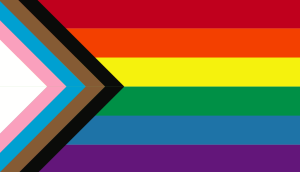Support for LGBTQ+ community

This website is dedicated to LGBTQ+ equality efforts at the University of Warsaw. It provides information about LGBTQ+ rights, educational and research opportunities at the University of Warsaw, support for the academic community, and a collection of materials and publications on equal treatment and diversity.
Knowledge
- Definitions – What do the letters in the LGBTQ+ abbreviation mean? Who is a cisgender person and who is a non-binary person?
- LGBTQ+ rights in Poland and around the world –information about marriage equality and civil partnerships around the world and the attitude of countries towards the transition procedure
- LGBTQ+ and Neurodiversity – research on the correlation between sexual orientation and gender identity and neurodiversity
- LGBTQ+ Education and Research at the University of Warsaw – educational opportunities in the area of gender, sex and LGBTQ+, as well as research centers and laboratories related to these issues
Support
- Support group for LGBTQ+ students at the University of Warsaw
- Support for transgender and non-binary people – information on the scope of support at the University, including plans to introduce an overlay with preferred data to UW systems
- How to support transgender and non-binary people? – tips for those unsure how to address transgender and non-binary people
A collection of key publications, materials, guides, reports, and legal acts related to the situation of LGBTQ+ people in Poland and in the academic community.
The documents were prepared at the University of Warsaw (e.g., reports, recommendations, guides) and outside the University of Warsaw (e.g., guides, dictionaries, international publications).
